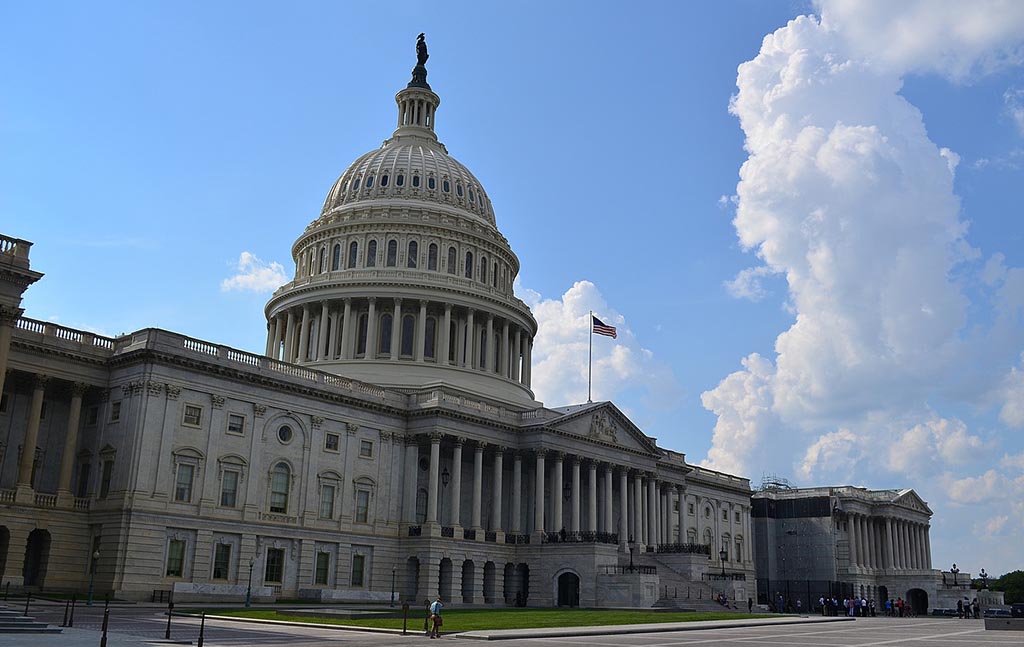Big Tech Bashes Senate Movement on News Bargaining Bill
Would help broadcasters collect dough for aggregated online content

The smarter way to stay on top of broadcasting and cable industry. Sign up below
You are now subscribed
Your newsletter sign-up was successful
There is movement in the Senate on a bill that would allow online news content providers — including broadcast and print news websites — to bargain collectively for payment from Big Tech platforms. And that has prompted computer companies to continue to fight back, labeling the potential bargainers as cartels out to push unwanted speech with the aid of an interventionist government.
The Senate Judiciary Committee Thursday (June 15) will mark up, and potentially pass out of committee, the Journalism Competition and Preservation Act (JCPA). That vote drew a letter of protest from the Computer & Communications Industry Association (CCIA).
“The JCPA mandates that private companies must carry speech in direct violation of the First Amendment,” CCIA president Matt Schruers said. “This bill will also hinder the fight against misinformation by forcing digital services to publish and pay producers of dangerous content. Congress should not be interfering in the marketplace of ideas by taxing links and creating cartels.”
Also Read: GOP Backs Big-Tech Targeted News Media Antitrust Exemption
The bill would give “news content creators” — print, broadcast or digital — an antitrust safe harbor to negotiate collectively with digital platforms like Facebook and Google for carriage of their original content.
Specifically, the bill would grant publishers immunity from federal and state antitrust laws for several years while they bargain collectively with digital platforms.
News content creators are defined as ones with 1) a dedicated professional editorial staff that creates and distributes original news and related content concerning local, national, or international matters of public interest on at least a weekly basis; 2) are marketed via subscriptions, advertising or sponsorship. They include operations that provide original news and related content, at least 25% of which is current news and related content, or broadcast original news and related content per a Federal Communications Commission license.
The smarter way to stay on top of broadcasting and cable industry. Sign up below
Also Read: News Outlets Promote Value of Local Content
The coordination among bidders has to be “directly related to and reasonably necessary for negotiations with an online content distributor” and [cannot] involve any person that is not a news content creator or online content distributor.
The National Association of Broadcasters has said the bill is necessary to stem a drain of billions of dollars in potential revenues to Big Tech. It says local broadcasters “lose almost an estimated $2 billion annually by providing their content to these platforms,” adding: “Because of the size and power of Big Tech, their policies are almost always ‘take-it-or-leave-it.’ There is little power to negotiate because broadcasters would lose access to hundreds of millions of consumers if they declined to publish their content on these platforms.”
Contributing editor John Eggerton has been an editor and/or writer on media regulation, legislation and policy for over four decades, including covering the FCC, FTC, Congress, the major media trade associations, and the federal courts. In addition to Multichannel News and Broadcasting + Cable, his work has appeared in Radio World, TV Technology, TV Fax, This Week in Consumer Electronics, Variety and the Encyclopedia Britannica.

